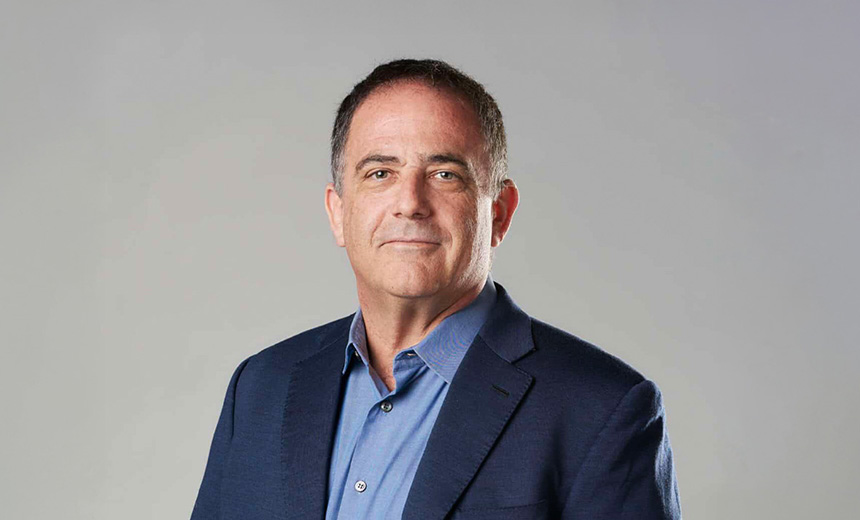Artificial Intelligence & Machine Learning
,
Network Firewalls, Network Access Control
,
Next-Generation Technologies & Secure Development
$238M Funding Round to Support Private POPs, Co-Piloted Policy and Global Reach
AI significantly elevates the SASE value proposition by driving policy decisions that were previously manual, time-consuming and error-prone, said Cato Networks CEO Shlomo Kramer.
See Also: OnDemand Webinar | Trends, Threats and Expert Takeaways: 2025 Global IR Report Insights
AI serves as a co-pilot for IT administrators, suggesting optimal firewall or TLS configurations based on real-time traffic analysis to help administrators make sense of complex policies, identify inconsistencies and optimize rule sets dynamically. Plus, Cato is developing a conversational AI interface like a chatbot or voice assistant that is expected to eventually handle full configurations and real-time insights, he said (see: How Integrated Security Platforms Are Redefining Defense).
“TLS is necessary to open up traffic and do the inspection and close it back and send it on its way,” Kramer said. “And it’s been notoriously difficult to deploy in an organization because there are more and more applications that are pinned and doing that for them will break. So, we use AI in order to learn the traffic patterns, what applications are there and really guide the implementation of TLS by hand.”
In this video interview with Information Security Media Group, Kramer also discussed:
- How machine learning can guide rule creation and enforcement;
- The emergence of agentic AI and its security implications;
- Need for AI governance and new policy enforcement models.
Kramer, a network security expert and a serial entrepreneur, co-founded Check Point Software, which created the first commercial firewall, and Imperva, which developed the web application firewall. Kramer also made early investments in enterprise software companies including Palo Alto Networks, Trusteer and Gong.

